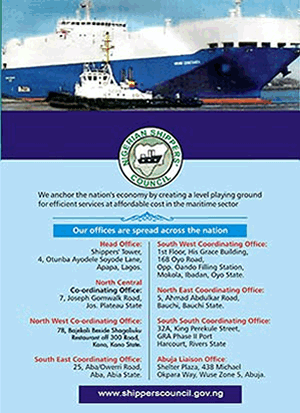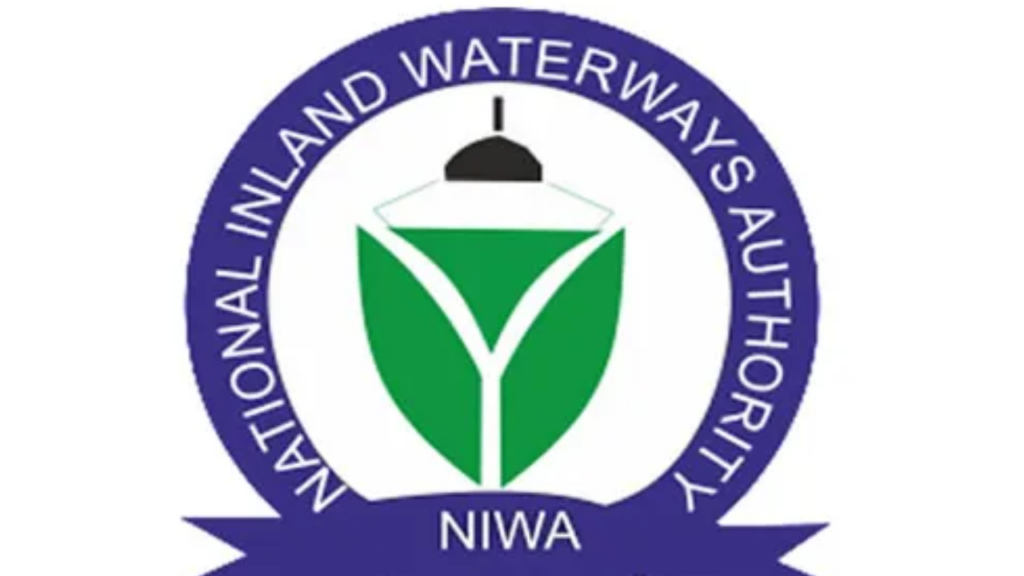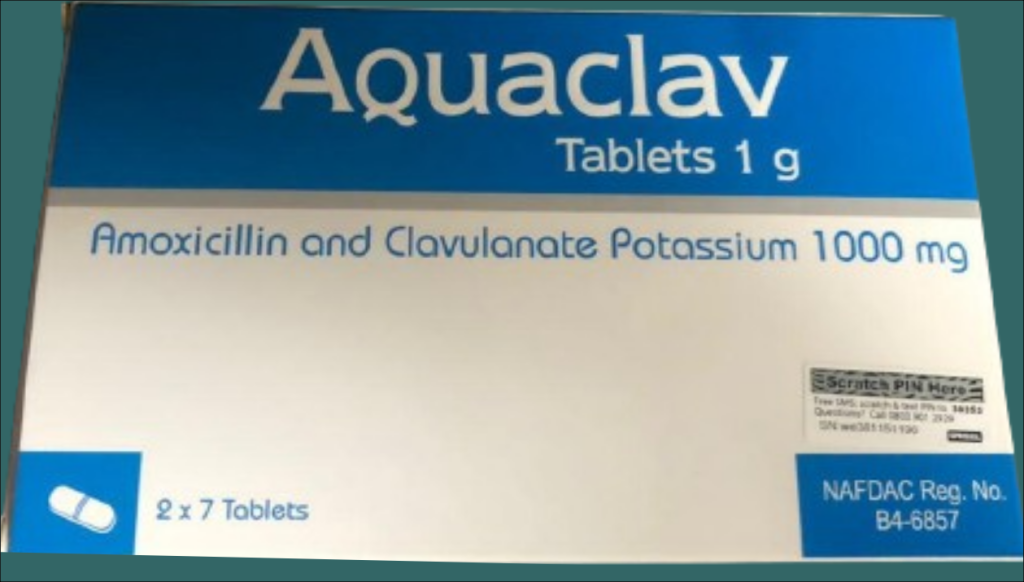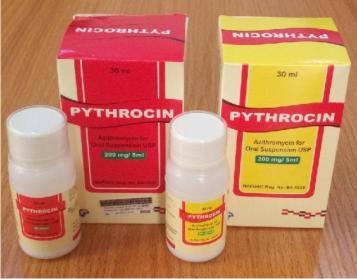–-Blames Cartels for inflating War Risk Premiums in Nigerian Waters

Director General of NIMASA, Dr Dayo Mobereola (middle) flanked by Executive Director Finance and Administration, Chudi Offodile (right) Executive Director Maritime Labour and Cabotage Services, Jubil Abba
BY GODWIN OBI
The Director-General of the Nigerian Maritime Administration and Safety Agency (NIMASA), has revealed that the agency is considering the withdrawal of over 300 National Seafarers Development Program (NSDP) cadets from Centurion University in India, even as he blamed Cartels for inflating War Risk Premiums in Nigerian Waters
This disclosure was made by the Director General of NIMASA, Dr Dayo Mobereola at the Eko Hotels in Lagos on Monday during an interactive session with maritime media professionals, marking five months since his appointment.
Addressing concerns raised about the quality of education and training the cadets are receiving at Centurion University, the DG emphasized the agency’s commitment to ensuring that the cadets return to Nigeria as well-prepared and employable graduates.
“We have not decided to bring those students back home. What we are doing is reviewing how the school has been engaged. Is it in the students’ best interest? Will they be well-prepared graduates who are employable by the industry?” the DG stated.

The DG underscored the agency’s dedication to the cadets’ futures, noting that the issue is a top priority. “These are the issues on our table right now, and we deliberate on them daily. I assure you that when we develop the best approach, it will be clear that we are acting in the cadets’ best interest, not our own,” he added.
He further explained that the goal is for these “young, vibrant, intelligent students” to return and contribute to the development of Nigeria’s maritime sector. “We want to ensure that the platform for them is right, and that is what we are working towards. When we present our plan, you will recognize that it is in the best interest of both the nation and the students,” he assured.
Dr. Mobereola also expressed concerns over the continued imposition of war risk premiums on vessels entering Nigerian waters, attributing it to the activities of a cartel within the international insurance sector. Despite a significant reduction in piracy and improvements in maritime security, these premiums remain stubbornly high, further inflating the cost of trade for the country.
He accused the unnamed cartel of artificially sustaining the high premiums to maximize profits, rather than basing them on the actual level of risk. He emphasized that this situation highlights the need for a coordinated global maritime response to address the issue.
He also said that these premiums, which significantly increase the cost of trade for Nigeria, are not reflective of the current security situation. Instead, they are maintained by a group of insurers benefiting from the status quo.
“In all honesty, Nigeria alone cannot do it. We need the international maritime organizations to be with us,” Dr. Mobereola stated, stressing that the war risk premium is not reflective of the current security realities but rather a tool exploited by insurers.

Dr. Mobereola lamented that despite Nigeria’s efforts to curb piracy, there has been no corresponding reduction in the premiums. He argued that even in a scenario where Nigeria achieves zero piracy and maintains security for a decade, the premiums would persist unless the international community forces the issue.
“These premiums, which significantly elevate freight costs for imports and exports, are being artificially sustained by insurers who are well aware of the improved security situation but prefer to maintain the high charges to maximize profits,” he said.
To combat this, NIMASA has engaged in discussions with key international partners and has brought the matter to the attention of the United Nations. Dr. Mobereola is optimistic that with UN support, Nigeria will be able to compel insurers to adjust the premiums in line with the actual risk level.
In addition to addressing the war risk premium, the NIMASA DG also discussed ongoing initiatives to tackle other critical issues in the maritime sector. These include the certification of competency (COCs) and the development of Officer of the Watch (OOW) programs, which are part of broader efforts to enhance the agency’s operational effectiveness.
The DG also touched on the agency’s broader initiatives, including the ongoing review of the NIMASA Act of 2007. He noted that the revised bill would include regulations for all maritime infrastructures, from large vessels to small boats, particularly focusing on the smaller vessels that are often used for illicit activities such as piracy and sea robberies
“In the new bill, we aim to ensure that every boat in our waters is regulated, registered, and monitored,” he stated.
During the session, the DG addressed the importance of media partnerships, acknowledging the role of journalists in shaping public perception and holding the agency accountable.
“What is most important is data and knowledge sharing. If we do not provide you with accurate information that we have spent time and knowledge collecting, we cannot expect you to report accurately,” he noted.
He also promised improvements in media relations, including the training of media practitioners, which is included in the 2024 budget. Additionally, he mentioned that the remuneration of media professionals covering the sector is under review, reflecting the agency’s commitment to fostering a mutually beneficial relationship with the press.
The DG urged the media stakeholders to continue raising industry issues and comparing them with international best practices.
He encouraged open dialogue and collaboration for the benefit of the maritime sector and the nation as a whole. “When you speak, it is perceived as being in the industry’s best interest. I encourage you to continue raising these subjects, comparing them with international practices, and advising us on what the NPA and Shippers Council should be doing,” he said
ADVERTISEMENTS:










Pythrocin distributed by Pinnacle Health Pharmaceuticals Ltd



2024-08-12



